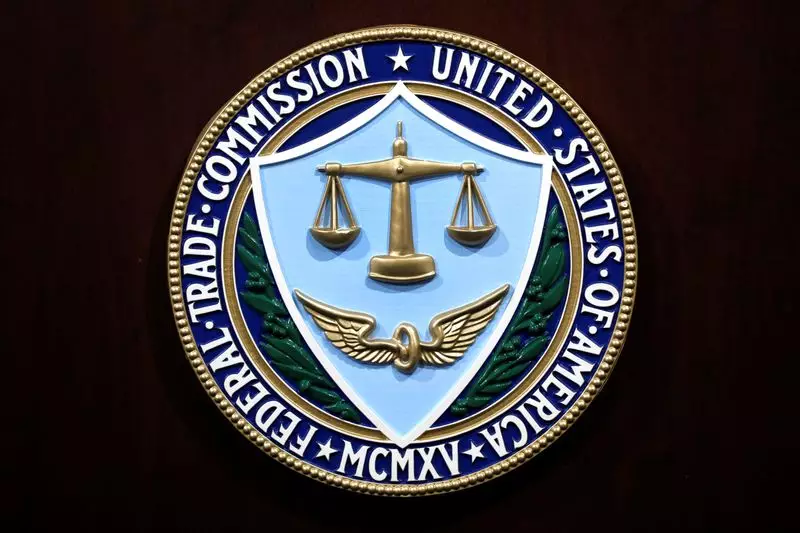The recent maneuvering at the Federal Trade Commission (FTC) under Chair Andrew Ferguson has sparked significant debate over the role and interpretation of diversity, equity, and inclusion (DEI) policies within federal agencies. Following the apparent abdication of resistance from Democratic commissioners, Ferguson has harnessed the opportunity to challenge the very fabric of DEI initiatives that have permeated various government sectors. This article delves into the implications of these changes, highlighting the tumultuous interplay between political ideologies and regulatory governance.
Diversity, equity, and inclusion have been pivotal topics in recent years, championed by various administrations as essential to fostering a balanced and equitable working environment. However, the tide appears to be turning with Ferguson’s drive to dismantle these policies at the FTC. Following an executive order from former President Donald Trump, which sought to eliminate DEI programs within the federal bureaucracy, Ferguson has sought formal authorization to ensure compliance with this directive. This move raises vital questions about the future of such initiatives not just at the FTC, but across the federal landscape.
The dynamics within the FTC have grown increasingly fraught as Ferguson’s aggressive stance has drawn opposition from Democratic commissioners. Notably, Commissioner Alvaro Bedoya’s dissent during the recent vote underscores a growing rift concerning the direction of agency policies. Bedoya’s objections were not merely procedural; they reflected a deeper ideological clash over whether the agency should pivot its focus towards critical issues like the rising cost of living, rather than engaging in what some perceive to be partisan culture wars.
Moreover, the absence of Democratic commissioners Lina Khan and Rebecca Slaughter from the vote indicates a strategic withdrawal from a contentious showdown, illustrating an understanding of the shifting power dynamics. Slaughter’s assertion that Ferguson already possessed the authority to enact such changes indicates a reluctance to offer legitimacy to an agenda viewed by many as ideologically driven.
Legal Precedents and Executive Power
Ferguson’s position leverages a complex legal landscape regarding the independence of regulatory agencies. Traditionally, FTC commissioners have enjoyed job security, only removable for cause, which contrasts sharply with the immediate dismissal powers applicable to executive branch heads. This dichotomy raises questions about the integrity of independent agency operations and their susceptibility to political pressures, especially under an administration reluctant to embrace progressive reforms.
Ferguson’s contention that an officer of the United States cannot disobey lawful presidential orders further complicates the discourse. It suggests a cascading effect on governance wherein independent agencies might increasingly align with prevailing political winds, potentially at the cost of their foundational principles.
As the FTC navigates these turbulent waters, it must confront an evolving landscape of governance shaped by ideologically driven agendas. The fallout from Ferguson’s push to eliminate DEI policies will likely reverberate throughout the agency and influence broader federal policy-making. The essential balance between political accountability and agency independence remains at stake, and the outcome of this ideological struggle could have lasting implications for the future of government operations in the United States. In the end, the challenge lies in reconciling the pursuit of equity and inclusion with the prevailing currents of partisan dissent.

